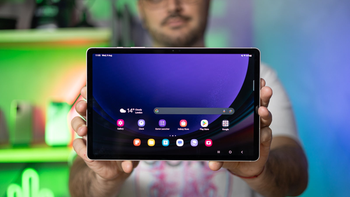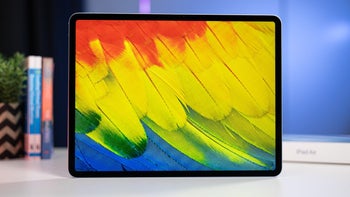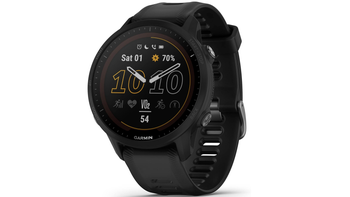Samsung overtakes Apple in system chips sold, takes third position globally

We all know Samsung is an enormous conglomerate and makes everything from clothing to military equipment. When it comes to electronics the range is just as diverse, from fridges and ovens to smartphones and even their components. Samsung is also one of the few companies that design their own smartphone system chips. The Exynos SoCs are found not only in Samsung smartphones but ones from other brands as well, like Vivo and Motorola.
And despite some recent complaints from users about the performance of its high-end Exynos 990, Samsung’s chip business is steadily growing. At least that’s what the latest Counterpoint Research report coming via SamMobile is showing.
According to the data, Samsung sold more Exynos chips than Apple did A-series chips and is now third behind Qualcomm and MediaTek. Qualcomm is still dominating with a 33.4% market share, followed by MediaTek with 24.6% and Samsung and Apple with 14.1% and 13.1% respectively. Huawei comes fifth with its Kirin chips.
Going back to Samsung’s growth, it was fueled by the company’s massive range of smartphones that were released last year. Galaxy M and A-series phones offered great specs-to-price ratio and were sold by the millions in Asia and Europe. Meanwhile, the Galaxy S10 family and the Note 10 made quite an impact as well.
This year, the coronavirus outbreak threw all predictions up in the air and we’re yet to see how manufacturers will recover from the drop in sales during Q1 (and likely Q2 as well).
According to the data, Samsung sold more Exynos chips than Apple did A-series chips and is now third behind Qualcomm and MediaTek. Qualcomm is still dominating with a 33.4% market share, followed by MediaTek with 24.6% and Samsung and Apple with 14.1% and 13.1% respectively. Huawei comes fifth with its Kirin chips.
Despite one company holding a third of the market, the stats show that mobile processors are much more diverse than PC ones where Intel and AMD are essentially the only players.
Going back to Samsung’s growth, it was fueled by the company’s massive range of smartphones that were released last year. Galaxy M and A-series phones offered great specs-to-price ratio and were sold by the millions in Asia and Europe. Meanwhile, the Galaxy S10 family and the Note 10 made quite an impact as well.
This year, the coronavirus outbreak threw all predictions up in the air and we’re yet to see how manufacturers will recover from the drop in sales during Q1 (and likely Q2 as well).

















Things that are NOT allowed: